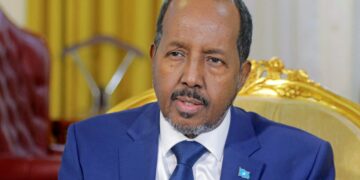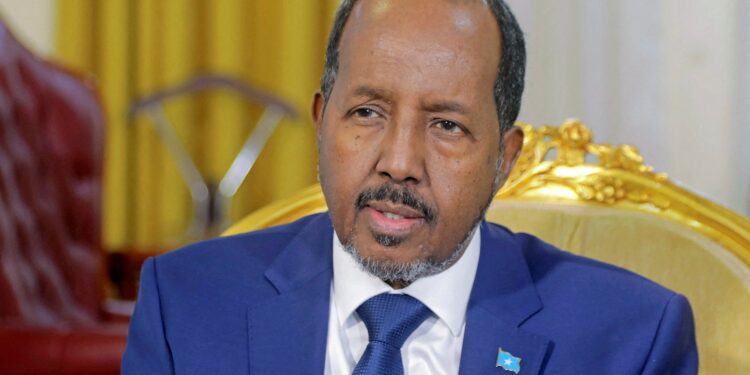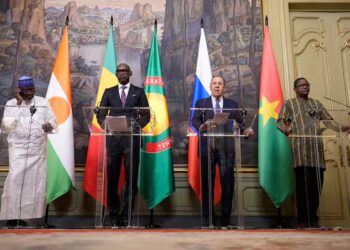By Ebi Kesiena
Somalia has secured a $4.5 billion debt write-off from global lenders, marking the culmination of a decade-long process of negotiations and reforms.
Under the enhanced Heavily Indebted Poor Countries (HIPC) Initiative, the nation, which joined the East African Community (EAC) two weeks ago, has been exempt from debt repayment.
According to the World Bank, the move by multilateral and bilateral lenders, including the World Bank, International Monetary Fund (IMF), significantly reduces the country’s debt to $600 million from a high of $5.2 billion.
Somalia’s external debt has now declined to less than six percent of GDP, from 64 percent in 2018.
A huge chunk of the debt relief has been made available by commercial creditors ($3 billion), followed by multilateral creditors ($573.1 million), World Bank’s International Development Association ($448.5 million), IMF ($343.2 million) and African Development Fund ($131 million).
The Heavily Indebted Poor Countries (HIPC) Initiative, HIPC initiative was created by the IMF and World Bank in 1996 to allow all creditors to provide debt relief to the world’s poorest and most heavily indebted countries to reduce economic constraints inflicted by the debt-servicing burden.
The landmark announcement on Somalia’s debt forgiveness will be made in Washington DC on Wednesday, December 13 after the Bretton Woods institutions boards complete the approval process.
As Sudan and Zimbabwe have fallen by the wayside, Somalia becomes the 37th country to complete the HIPC program.
Somalia’s HIPC discussions started 10 years ago, under the current President Hassan Sheikh Mohamud, and the country has remained on the reform path despite political headwinds along the way.
World Bank country manager for Somalia Kristina Svensson, who spoke to the media said Mogadishu’s commitment to reforms has been “remarkable”.
The debt write-off presents an historic opportunity for Mogadishu to turn the page after three decades of conflict, fragility and state fragmentation, and embark on the path of economic reconstruction, poverty reduction and inclusive growth.
It is expected to unlock concessional and climate financing for the nation, revive investor confidence in the economy and restore correspondent banking to bolster cross-border transactions and integration into the global financial system.




































